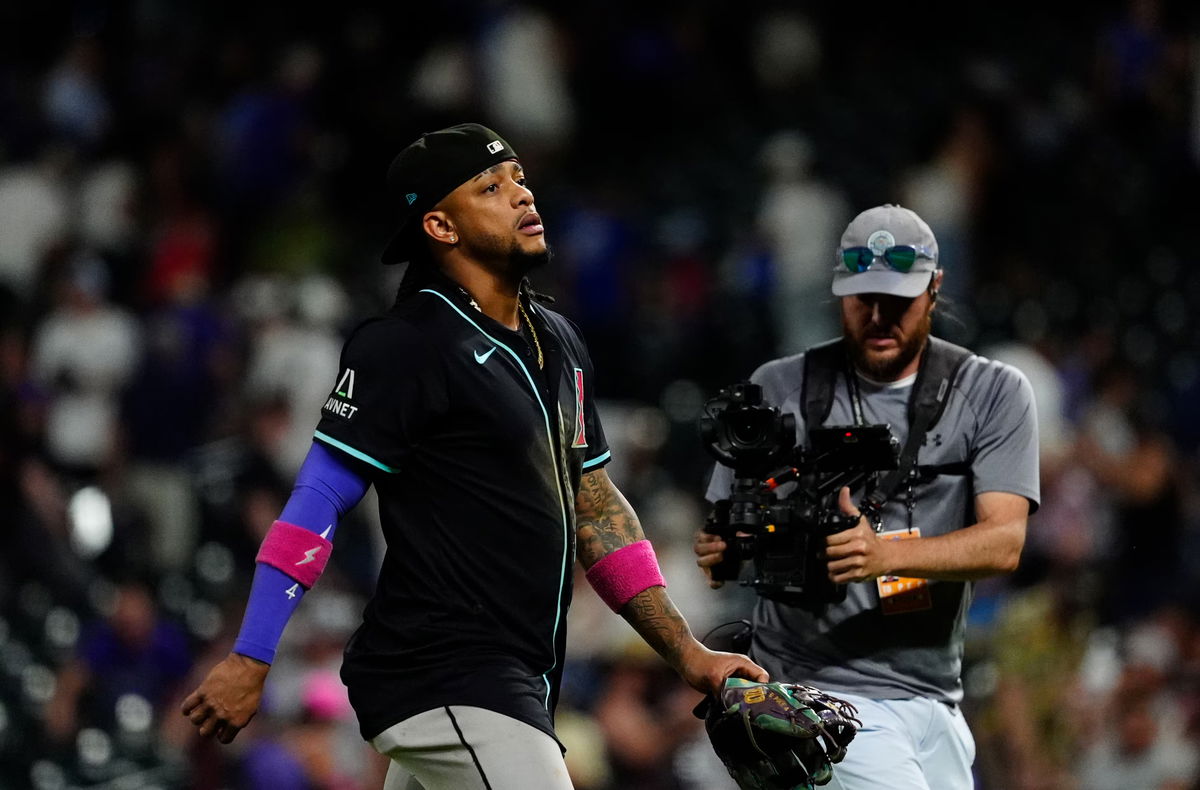
Imago
Credit: Ron Chenoy-Imagn Images

Imago
Credit: Ron Chenoy-Imagn Images
Baseball loves to sell itself as a family pastime. But MLB seems increasingly comfortable letting that “family” shout whatever it pleases from the stands.
Watch What’s Trending Now!
On August 18, Miami Marlins right fielder Dane Myers reported that a fan at Fenway Park engaged in excessive heckling, crossing into inappropriate verbal harassment, starting before he hit a game-tying home run in the ninth inning, aiding Miami’s comeback against the Boston Red Sox. Myers noted the heckling began in the eighth inning with the Red Sox ahead 3-2 and persisted into the ninth, even after his homer and a subsequent two-run shot by rookie Jakob Marsee that gave the Marlins the lead. He yelled back at the fan. Immediately after, security workers intervened and ejected the heckler.
Jarren Duran of the Boston Red Sox faced an even harsher moment when his mental health struggles became a target. After bravely opening up about a suicide attempt in his eight-part Netflix docuseries, “The Clubhouse: A Year With the Red Sox,” he was mocked by a fan in Cleveland back in April this year. Duran stood on the dugout step, glaring, as teammates and security intervened before the situation escalated further. The fan was escorted out of the stadium. Eventually, though the Guardians apologized swiftly, the incident highlighted how deeply personal and damaging this new wave of heckling has become.
ADVERTISEMENT
The list doesn’t end there—Dennis Santana endured abusive jeers that “crossed the line,” per him, testing his composure in moments meant for performance. Similarly, Ketel Marte became a flash point after a fan hurled derogatory remarks about her deceased mother.
Each case shows how the line between atmosphere and abuse is blurring dangerously within MLB stadiums.
The truth is, MLB has done the bare minimum, focusing more on optics than true reform to protect its athletes. For instance, ejecting a fan only from one ballpark leaves them free to repeat offenses elsewhere the very next week. Contrast that with the NBA, which has introduced a strict “zero-tolerance” policy targeting fans who engage in abusive or malicious behavior toward players.
ADVERTISEMENT
According to the league, violators will be removed from their seats and may face ejection or bans from future games. Previously, the fan code of conduct applied only to those near the court, but the updated policy now extends to additional seating areas and locations where teams and referees enter and exit the court.
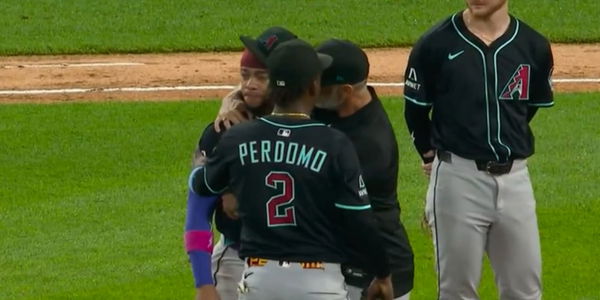
Imago
Credit: MLB.com
To protect MLB players from excessive or hostile fan heckling, the league could implement the following 5 measures:
ADVERTISEMENT
- Adopt a zero-tolerance policy: Enforce strict rules against abusive or malicious fan behavior, with clear consequences like ejection or bans, similar to the NBA’s policy.
- Expand code of conduct coverage: Extend fan conduct rules to all seating areas, including upper rows and areas near team entrances/exits, not just field-level seats.
- Enhance fan education: Launch campaigns (e.g., pre-game announcements, signage, or digital ads) to promote respectful fan behavior and outline consequences for violations.
- Install protective barriers: Add netting or other physical barriers in high-risk areas like bullpens or near dugouts to shield players from thrown objects or direct verbal harassment.
- Introduce harsher penalties: Enforce escalating penalties, such as multi-game bans or season-long suspensions, for repeat offenders to deter abusive behavior.
Only then can the sport balance fan freedom with the responsibility of creating safe, celebratory ballparks for everyone involved.
ADVERTISEMENT
MLB players on how sports betting affects fan interactions
MLB, once content to laugh off hecklers as part of the scenery, now finds its players fielding a new breed of abuse. The banter isn’t clever anymore—it’s weaponized, sharper, and nastier. And if you ask the players, the reason behind this surge isn’t exactly a mystery.
In The Athletic’s anonymous survey of 130 MLB players, 78.2% said, “legalized sports betting has changed how fans treat you or your teammates.” Only 12.0% said no, while 9.8% admitted they were unsure, a statistical landslide of opinion. From shouted betting lines during warmups to whispered threats afterward, players insist that gambling explains the sharpened edge of fan behavior.
ADVERTISEMENT
Players often report that the most severe harassment they face comes anonymously through social media. “They wouldn’t say that stuff to your face,” one pitcher, who was part of the survey, said.
Top Stories
Latest Yankees Crisis Takes Turn for Worse as Hal Steinbrenner Loses 3 Players in One Single Day

Rift Cracks Open in Blue Jays as Real Reason Behind Bo Bichette’s Exit Emerges, per Insider
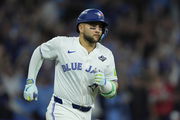
Dave Dombrowski Bashed for Being Not Totally Truthful Over Phillies Chances After Failed Bo Bichette Signing
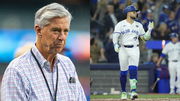
Who Are Kyle Tucker’s Parents? All about Mike Tucker and Lisa Fernandez
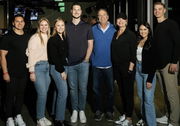
Controversial Phillies Outcast Sparks Padres–Marlins Battle Months After Ugly Rob Thomson Fallout
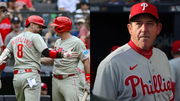
Players noted that fan interactions were less intense when fans were primarily focused on fantasy teams. Now, they sense a heightened level of aggression, with some fans directing their frustrations at players. “It’s the worst thing that’s happened to the game since I’ve been up here,” one veteran outfielder said.
And that’s where the noise stops being atmosphere and starts becoming ammunition. MLB may still plaster ballparks with betting billboards, but the players are the ones paying the real price. If fans keep treating every strikeout like a stolen paycheck, the game’s soul will be mortgaged to the sports books. Baseball once sold peanuts and popcorn; now it’s peddling parlays—and the buy-in might be its integrity.
ADVERTISEMENT
ADVERTISEMENT
ADVERTISEMENT
ADVERTISEMENT